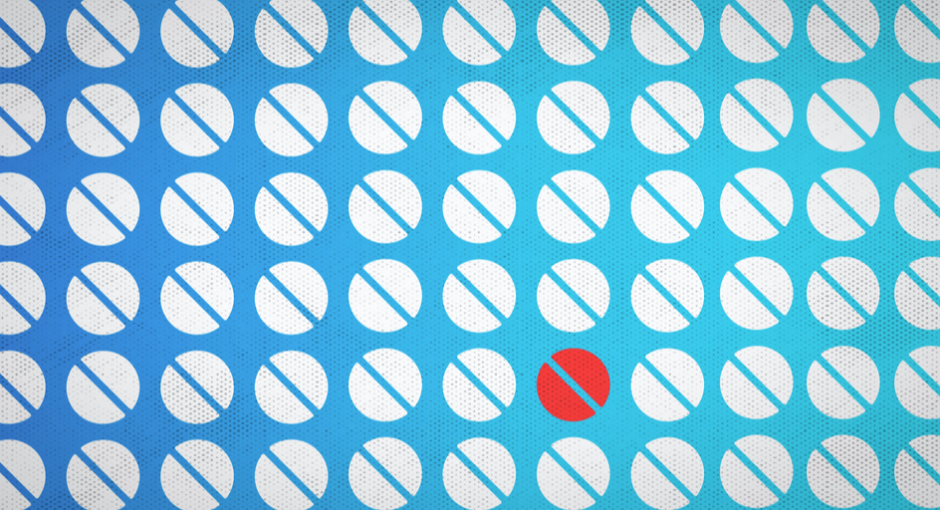The ban on 340B discounts on orphan drugs for rural and free-standing cancer hospitals may give drug companies a powerful incentive “to seek orphan designation for drugs approved to treat common diseases or conditions,” the U.S. Health and Human Services Department Office of the Inspector General (OIG) says in a new report.
Congress made free-standing cancer hospitals, critical access hospitals, rural referral centers, and sole community hospitals eligible for 340B drug pricing in 2010. At the same time, it said manufacturers do not have to provide 340B pricing to these hospitals on drugs designated for a rare disease or condition.
In 2013, The U.S. Health Resources and Services Administration (HRSA) issued a legislative regulation stating that manufacturers had to provide 340B pricing on orphan drugs to these hospitals when the drugs were used for non-orphan diseases or conditions. A federal judge ruled in 2014 that HRSA lacked authority to issue the rule. HRSA reissued it as an interpretive rule. The same judge ruled in 2015 that the plain language of 340B orphan drug exclusion meant that the exclusion applied no matter how an orphan drug is used.
The court rulings were a turning point in the 340B program’s history. HRSA’s power to issue regulations with the power of law was circumscribed to just three areas: ceiling price calculation, manufacturer civil monetary penalties, and administrative dispute resolution. HRSA also began saying that its lack of rulemaking authority was handcuffing its ability to oversee the 340B program.
Bills have been introduced, without success, to rewrite the 340B orphan drug exclusion to let the affected hospitals get 340B pricing when they use the drugs for common, non-orphan diseases or conditions.
Blunt Findings in HHS OIG Report
The new 36-page OIG report is blunt. “Orphan drug exclusion from the 340B drug pricing program may provide significant financial incentives for manufacturers to seek orphan designation for drugs approved to treat common diseases or conditions,” it said.
“A manufacturer is not required to sell an orphan drug at the statutory discount to certain types of health care providers participating in the 340B Drug Pricing Program even if the drug is being purchased for a more common disease or condition,” OIG pointed out. “For example, fewer than 1 out of 10 Medicare beneficiaries who were prescribed Humira (the best-selling drug in the world) in 2018 received it for an approved orphan indication (i.e., hidradenitis suppurativa or uveitis). However, because of Humira’s orphan status, the manufacturer would not be required to sell the drug (which costs up to $38,000 per year) to certain covered entities under the 340B Drug Pricing Program at a significant statutory discount—even when it’s being used for common nonorphan indications such as arthritis, psoriasis, or Crohn’s disease.”
OIG also noted that “a drug needs only to be granted an orphan designation to be excluded
from the 340B program (i.e., the drug does not need FDA market approval for an orphan indication).”
“For example, two of the orphan drugs in our review—Eylea and Orencia—have both been granted at least one orphan designation but had not received FDA marketing approval for any orphan indications in the U.S. at the time of our review,” OIG said. “The manufacturers of both drugs are not required to sell their drugs at the 340B discount price to certain covered entities because the drugs have been granted an orphan designation.”
Echoes Academic Research
The findings of OIG HHS echo a study published earlier this year in the journal Health Affairs by researchers from the University of Michigan and Boston University. It concluded that more than 70% of expenditures for top-selling drugs that have at least a partial orphan designation are for treatment of non-orphan conditions.
Along with not having to provide 340B discounts, drugs with orphan designations also obtain seven years of market exclusivity—a perk that can be meted out repeatedly if the drug has multiple orphan designations to treat various diseases and conditions. They also receive exemptions for marketing application fees and a tax credit equaling 25% of clinical trial costs in many situations.
Altogether, HHS OIG reviewed 40 drugs considered to be “high expenditure” under Medicare Part B and Part D. Virtually all of them reported annual sales of $1 billion or more.
Of those 40 drugs, 22—or 55%—had been granted at least one orphan drug designation as of March of last year. Among those, 16 received orphan designations for multiple diseases and conditions.
The cancer drug Imbruvica received 13 different designations, including eight which had been approved by the Food and Drug Administration for marketing purposes, according to HHS OIG. Imbruvica is manufactured by the AbbVie affiliate Pharmacyclics in conjunction with Janssen Biotech.
The cancer drug Keytruda received a dozen designations, with eight approved for marketing purposes. It’s manufactured by Merck.
The OIG HHS singled out the immunosuppressive drug Humira – which costs about $38,000 a year for a prescription for such manipulation. Manufacturer AbbVie obtained an orphan designation for Humira in 2018, even though less than 10% of Medicare enrollees prescribed Humira receive it under an orphan designation.
The House Committee on Oversight and Reform accused AbbVie of gaming the orphan drug program to boost Humira sales, according to a report released earlier this year.
HHS OIG did not make any specific recommendations in its report. It did observe that it is “important that stakeholders have relevant information on the orphan drugs that have qualified for Orphan Drug Act incentives to inform ongoing discussions and support congressional and decisionmakers’ efforts.”
And while the report noted that the FDA “acknowledged the need to examine drug development incentives to ensure that they remain tailored to achieving their purpose,” it later added that “the agency notes that there are many factors that drive Medicare drug expenditures, and that the OIG report does not speak to the role that orphan-drug designation plays in drug pricing, or if it plays one at all.”


